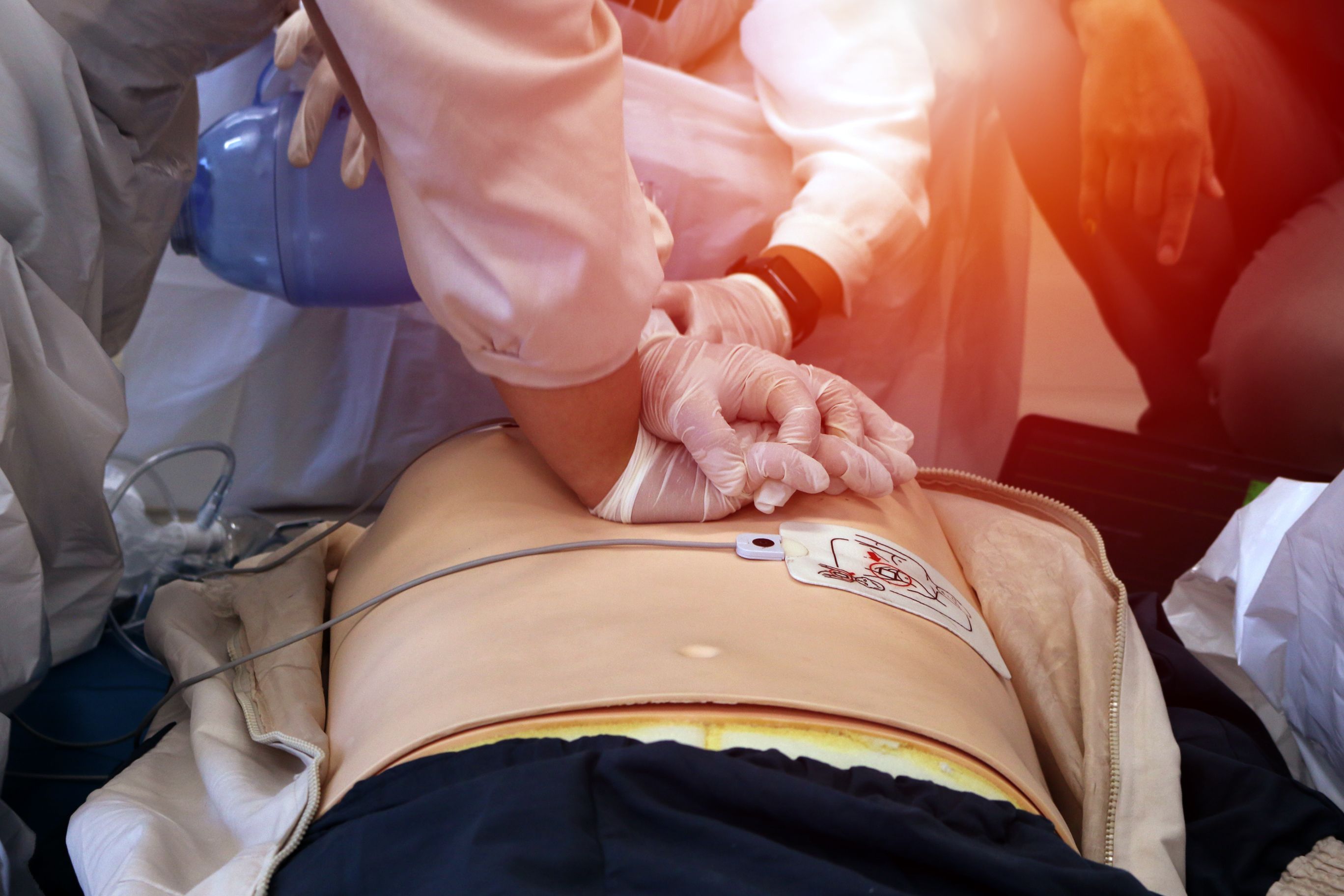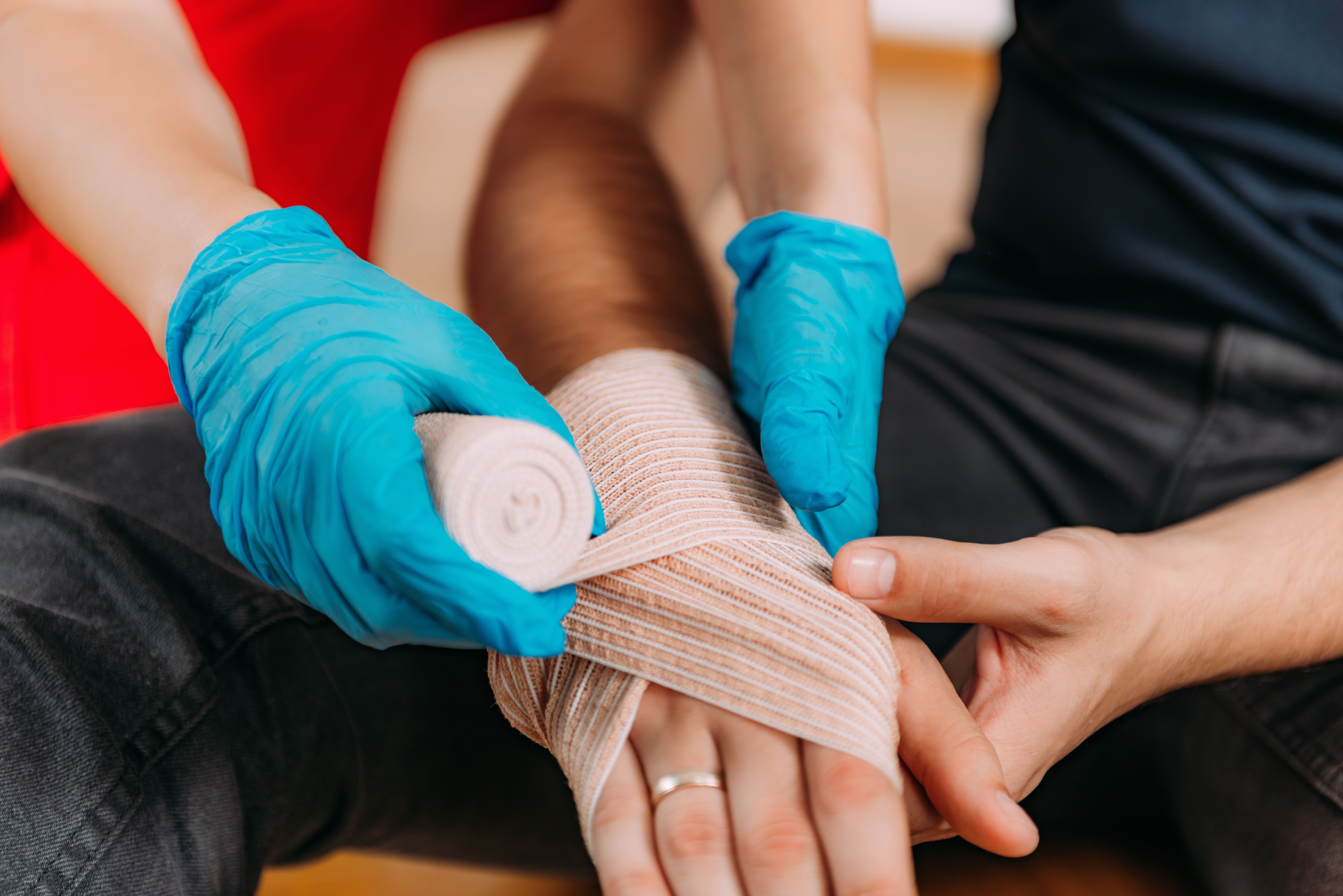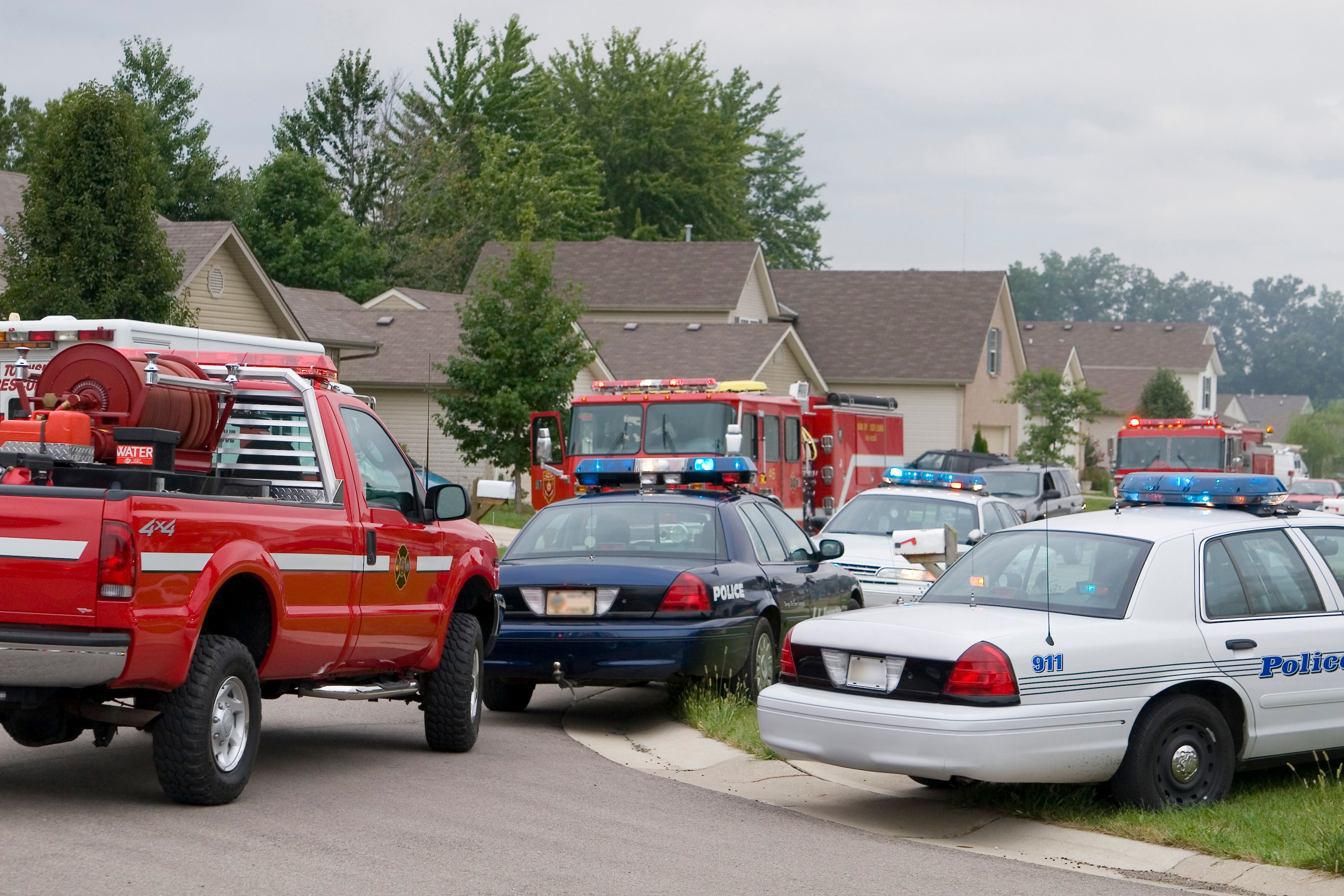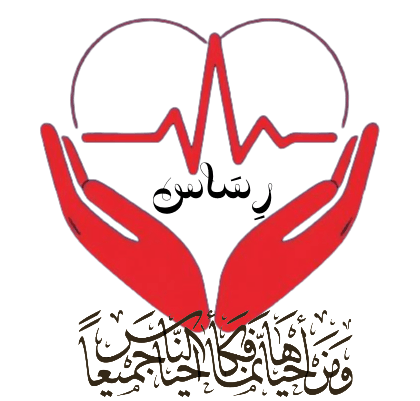Preparing for Real-Life Emergencies with Resus Syria
JA
Understanding the Importance of Emergency Preparedness
In our ever-changing world, the ability to respond to emergencies can be a life-saving skill. Whether it's a natural disaster, a medical crisis, or an unexpected accident, being prepared can make all the difference. Resus Syria is dedicated to equipping individuals and communities with the knowledge and skills needed to handle real-life emergencies effectively.
With the right preparation, we can minimize panic and maximize efficiency in response efforts. This not only saves lives but also reduces the long-term impact of emergencies on affected communities. By focusing on education and practical training, Resus Syria aims to empower people with the confidence to act swiftly and decisively when it matters most.

Essential Skills for Emergency Situations
One of the core areas of focus for Resus Syria is teaching essential skills that are crucial during emergencies. These include:
- First Aid: Knowing basic first aid can be a game-changer in emergencies. It involves understanding how to treat wounds, perform CPR, and manage other medical situations until professional help arrives.
- Fire Safety: Learning how to respond to fire incidents, including using fire extinguishers and safe evacuation procedures, is critical for personal and community safety.
- Disaster Preparedness: Understanding the risks associated with natural disasters and preparing accordingly can significantly reduce their impact.
These skills are taught through hands-on workshops and simulations, providing participants with practical experience in handling various scenarios. This approach ensures that individuals are not just knowledgeable but also confident in their ability to act during emergencies.

Building Community Resilience
Beyond individual preparedness, building community resilience is a key objective for Resus Syria. A well-prepared community is better equipped to support its members and recover more quickly from crises. This involves creating a network of trained individuals who can lead response efforts and support others during emergencies.
Community-based training sessions are organized regularly to foster a culture of preparedness. These sessions encourage collaboration and communication among community members, ensuring that everyone knows their role in an emergency response plan. By working together, communities can enhance their collective resilience and adaptability.

Leveraging Technology for Emergency Preparedness
In today's digital age, technology plays a vital role in emergency preparedness. Resus Syria integrates technology into its programs by using mobile apps and online platforms to disseminate information and provide training resources. These tools offer easy access to vital information and allow for real-time updates during emergencies.
Additionally, technology facilitates communication between responders and affected individuals, ensuring that help is delivered promptly and efficiently. By staying informed and connected, communities can better navigate the challenges posed by emergencies.
The Role of Continuous Learning
Emergency preparedness is not a one-time effort but an ongoing process. Continuous learning and adaptation are essential to stay prepared for new challenges. Resus Syria encourages individuals to regularly update their skills and knowledge through refresher courses and advanced training sessions.
This commitment to continuous improvement ensures that both individuals and communities remain resilient in the face of evolving threats. By staying proactive, we can build a safer future for everyone.

Getting Involved with Resus Syria
If you're interested in enhancing your emergency preparedness skills or contributing to community resilience, consider getting involved with Resus Syria. Whether through volunteering, attending workshops, or participating in community training sessions, there are numerous ways to make a difference.
By joining forces with like-minded individuals and organizations, you can play a crucial role in building stronger, more prepared communities capable of facing any emergency with confidence and competence.
